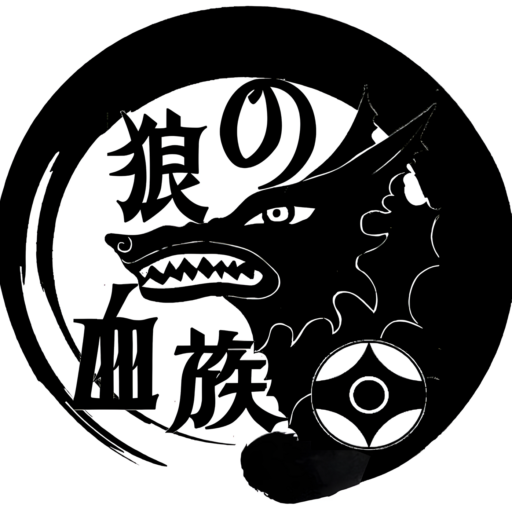The Dojo Is Not a Gym
In today’s fitness-driven world, the lines between gyms and dojos are often blurred. With the rise of martial arts-themed fitness classes and combat sports being mainstream, it’s easy to conflate the two. However, a dojo is fundamentally different from a gym. It’s not just a place to work out; it’s a space for personal growth, discipline, and transformation.
While both gyms and dojos serve important roles in promoting health and well-being, they are fundamentally different. The dojo is not just a place to get fit; it’s a sanctuary for those seeking to cultivate discipline, character, and a deeper understanding of themselves. When you step into a dojo, you are not just entering a training space; you are stepping onto a path of lifelong learning and transformation.
A Sacred Space of Learning
The kanji for dojo is 道場; the character 道 (dou) means “path” or “way” and the character 場 (jou) means “place” or “space” – “the place of the way”. This is not just semantics, it reflects the dojo purpose as a dedicated environment for learning and practicing martial arts. Unlike gyms, which are primarily focused on physical fitness, dojo cultivate the mind, body, and spirit. The etiquette, rituals, and respect embedded in dojo culture create an atmosphere that encourages mindfulness and focus, far beyond the goal of burning calories.
Discipline Over Convenience
In a gym, people come and go as they please, often with headphones in, immersed in their personal bubble. The dojo demands presence and discipline. Bowing upon entering and leaving, addressing instructors with respect, and adhering to a structured curriculum are not mere formalities; they instill humility and a growth mindset. Training in a dojo isn’t about convenience, it’s about commitment.
Camaraderie and Mentorship
While gyms can foster a sense of community, dojos are inherently built around mentorship and camaraderie. The relationship between sensei and student, as well as among peers, is foundational. Students are not just clients; they are part of a lineage and tradition that values perseverance, respect, and continuous improvement. This mentorship goes beyond the physical techniques, it is guiding students in their personal and ethical development.
Beyond Physical Fitness
Gyms focus on external metrics—reps, sets, weights, and body composition. In contrast, the dojo emphasizes internal growth. While physical conditioning is a natural outcome, martial arts training nurtures qualities like resilience, patience, emotional control, and mental clarity. The goal isn’t just to look strong but to be strong in character and spirit.
A Journey, Not a Destination
In the dojo, progress isn’t measured solely by physical transformation or performance milestones. It’s about the journey of self-mastery. Belts and ranks signify more than skill; they represent personal growth, lessons learned through perseverance, and overcoming challenges. The dojo teaches that mastery is a lifelong path, not a quick fix.
